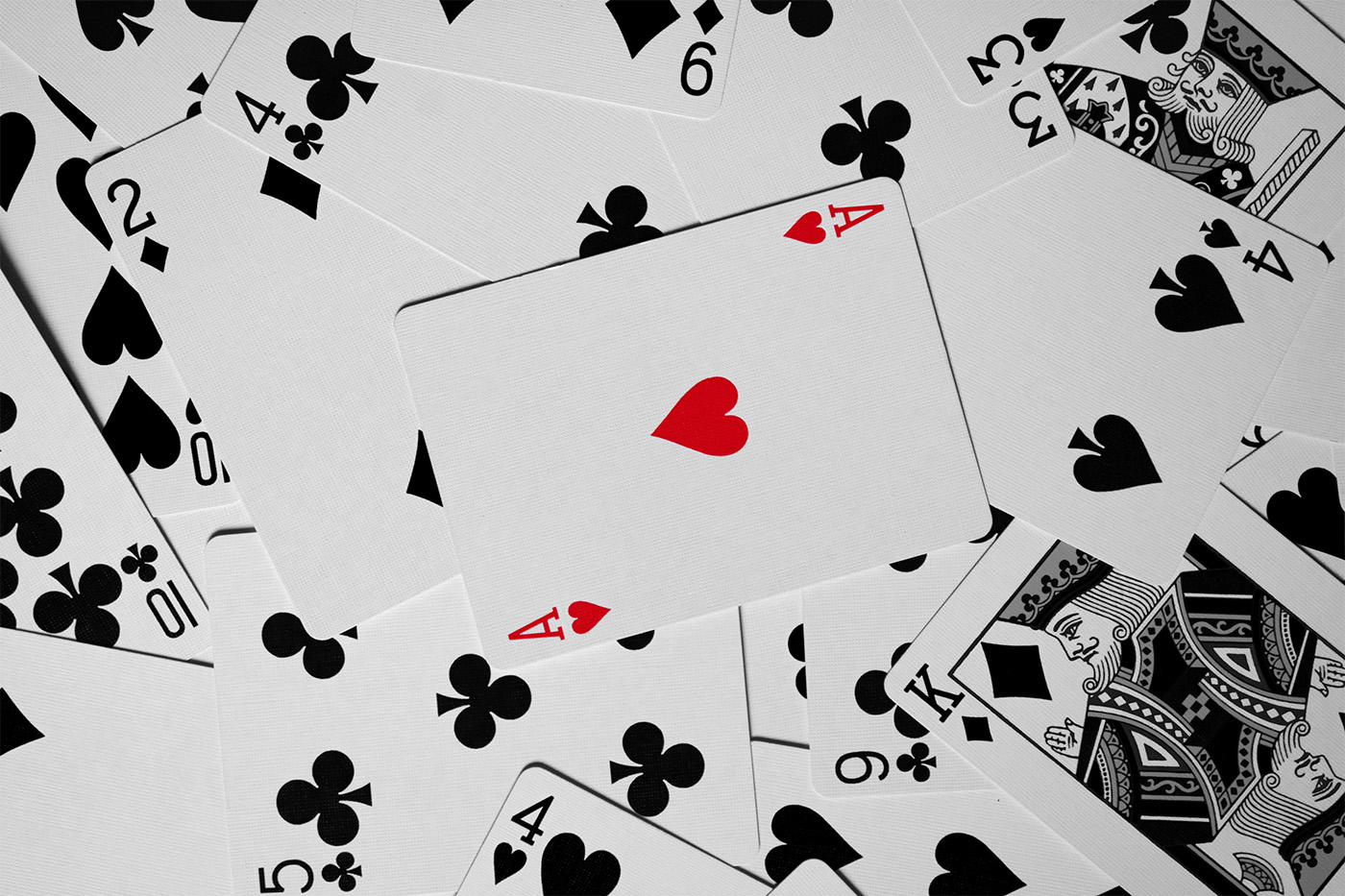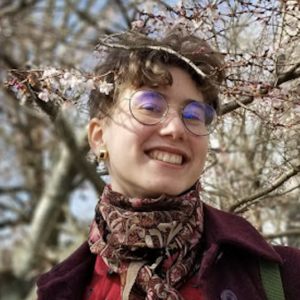Welcome to Dear Jewish Queeries, an advice column by and for Queer Jews through New Voices Magazine! You can submit your own questions for queer Jewish advice by clicking here. Stay tuned – your question may be chosen by our columnists.
“I feel very lucky to have found as an adult, and grown up in, pretty queer, sex-positive Jewish communities. There are lots of queer people and leaders at my synagogue, and growing up I remember once being literally told that sexuality was a gift from Hashem, and not something to be ashamed of. Here’s the thing: over the last few years of disastrous dating trial-and-error, I realized I’m asexual. I’ve told a very small number of people, but telling anybody in the Jewish community (except this anonymous form) feels impossible. Being in queer, Jewish spaces and community used to feel amazing but now feels sad and isolating, a reminder that I’m “missing out” on Hashem’s gift or don’t feel like I can be my full self there. I’m feeling less connected to these communities now. Do you think coming out to someone is worth it?”
Thank you for making the space for this conversation with your question. Let me dissolve some of your isolation: You are not alone. I myself am Jewish, somewhere on the asexual spectrum, and I too have felt that there is little space for asexuality in the Jewish community.
Let’s start with some terminology for those who are unfamiliar. Here are some terms defined by the Asexual Visibility and Education Network (AVEN), the world’s first and largest online platform for asexual people:
-
- Asexual: “Someone who does not experience sexual attraction or an intrinsic desire to have sexual relationships,” this is sometimes as the term “Ace.”
- Allosexual: “Someone who does experience sexual attraction or an intrinsic desire to have sexual relationships.”
- The Spectrum: “A range of intensity of sexuality from asexual to sexual. People may use the term ‘asexual spectrum’ to refer to a range close to the asexual end – levels of sexuality that are so low that they identify more with asexuality than other sexual identities.”
There are more terms that are not quite relevant to my answer but they can be found here.
Often, I’ve found that when I told allosexual people that I was asexual, no matter if they were in the queer community, Jewish or not, they would nod and not understand. In part, this may be because we live in a society that is strict about sexuality while also hypersexualized. The people who told you that sexuality is a gift are thinking through this lens, trying to combat Victorian sensibilities on morality alongside homophobic legislation that prosecutes queer sexuality (Executive Order 10450, Sodomy Laws, etc.). However, in their process of changing how society stigmatizes sexuality, they are forgetting, or maybe not realizing, that not everyone experiences sexuality in the first place. Sexuality is not something to be ashamed of. By the same token, not experiencing a sense of sexuality is equally unworthy of shame. The onus is on them as community leaders for not making space for you. Advocates against sexual shame have the same responsibility to advocate against asexual shame as the issues are conjoined. There can be no sexual liberation if there is no freedom to exist without it. Queer liberation includes us too.
This topic concerns us all. While some people’s sexuality is secured, whether there is an absence of it or a definitive existence, there are others who find themselves discovering their identity changes in different moments of life. An allosexual person may at some point find themselves identifying with the ace spectrum, and vice versa. The fluid nature of sexuality makes your question, speaking out against the shame and stigma around asexuality, and interrogating a culture of sexual pressure relevant to everyone.
The concept that people do not feel sexual attraction has been gaining attention in the past ten years. In mainstream media there has been an uptick in asexual representation through new fictional characters and old chracters given asexual identities in modern remakes (such as Archie Comics’ Jughead). Celebrities have also said that they’ve found comfort in the term asexual.
Yet, I have yet to meet or speak to another asexual Jewish person. Seeing your question made me realize that all of the interactions I’ve had with vocal asexual people have been with non-Jews. Isn’t that weird? Surely, we can’t be that rare.
By doing a bit of digging I found a couple of online testimonies and conversations in which Jewish people claim the label of asexuality for themselves. Most of the time we have appeared on the internet in the form of communal matchmaking. For example there is a thread from 2010 on AVEN dedicated to finding other Asexual Jews to be friends with or to date and a testimony from 2013 of a Demisexual Modern Orthodox Jewish woman who gives dating advice. More recently, Alma published a testimony from an Asexual Jew discussing the struggle of a dating culture centered around hook-ups and how Jewish communities have adopted this attitude to “be fruitful and multiply.” (You can read more about queer readings on being fruitful and multiplying in another answer for Jewish Queeries while hook-up culture is explored in this investigative piece).
It is possible that Jewish communities are taking on more than just a combative stance against Victorian morality and homophobic legislation when it comes to being sex-positive. Rather, Jewish communities actively foster relationships predicated on the idea that sex will happen someday. I’ve seen this through hook-up culture at summer camps or other youth organizations as well as the casual remarks that are sometimes made surrounding the topic of continuing the Jewish people through reproduction. Most Jewish kids grow up in this culture of compulsory sexuality, hearing constant whispers that sex is inevitable, that everyone feels that urge. There isn’t even a question to the contrary.
I am not someone who believes in a higher power, not actively at least, but I know this to be true: Sexuality is not the gift, you are the gift. If Hashem created you, then you are the intended gift, the whole of you. Every part of your being is important and if you do not find people sexually attractive, that is just as important and meaningful as all the other parts that make up who you are.
It is up to you whether or not you come out. I can only say that being yourself without fear is worth striving for. It may be up to you to fight for it in order for others like you in your community to feel comfortable enough to come out as asexual in the future. I am not familiar with these communities that you grew up in, but I do know that when we are ourselves and normalize our differences, we can change the nature of our communities, molding it to better fit our needs and encourage others to acknowledge us as an important part of it.
As for “missing out,” we are all going to be missing out on something in our lives. There is no way that we can have every experience. But the truth is, allosexual people are missing out on the way you experience the world. Romantic or platonic attraction is just as beautiful and meaningful an experience as sexual attraction might be for someone else, and vice versa. The way you foster your relationships has its own beauty and uniqueness. It isn’t of anyone else’s concern but you and the people you are cultivating them with.
It is long overdue for the collective Jewish community to abandon the culture of compulsory coupling, to remove communal priority from romantic and/or sexual partnership. I envision a world in which we name and recognize the various forms where love can be experienced, that every relationship we create is valuable on its own terms. By acknowledging that love is a multi-faceted emotion, we can remove the shame and stigma that people on the spectrum are made to feel about the existence of their sexuality or asexuality. Love is a word with many forms, it’s time we start acting that way.

